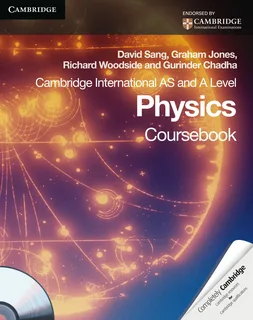Practical experiments are a crucial part of A Level Physics, testing not only your theoretical knowledge but also your ability to apply concepts in real-world scenarios. Many students find practicals challenging, but with the right approach, you can master these experiments and boost your overall grade. This article will guide you on how to excel in A Level Physics practical experiments by focusing on preparation, execution, and analysis.
Understanding the Importance of Physics Practical Experiments
Before diving into strategies, it’s important to recognize why practical experiments are essential. They help develop critical thinking, enhance observational skills, and deepen your understanding of physics principles. Additionally, practical assessments often carry significant weight in final grades, making it vital to perform well.
Preparation: The First Step to Success
One of the best ways to excel is through thorough preparation. Here’s how:
1. Familiarize Yourself with the Syllabus
Ensure you know the list of practical experiments prescribed in the A Level Physics syllabus. Reviewing the theory behind each experiment helps you anticipate what you will observe and measure.
2. Study the Experimental Procedures
Carefully read through experiment instructions and understand each step. Knowing the procedure reduces errors during the actual practical.
3. Practice with Past Papers and Mark Schemes
Working on past practical exam questions helps you get comfortable with the format and the kind of observations or calculations expected.
Execution: Carrying Out the Experiments Effectively
Even the best preparation can be wasted without careful execution. To excel in A Level Physics practical experiments, focus on the following during the lab session:
1. Handle Equipment with Care
Proper use of apparatus prevents damage and ensures accurate readings. Be methodical when setting up and taking measurements.
2. Record Data Accurately
Precise data recording is crucial. Write down all observations neatly and immediately. Use tables where appropriate.
3. Follow Safety Protocols
Always adhere to safety guidelines to avoid accidents. This also shows examiners your professionalism and understanding of lab etiquette.
Analysis and Reporting: Demonstrate Your Understanding
After conducting experiments, how you analyze and report your findings can make a significant difference.
1. Process Your Data Carefully
Calculate averages, uncertainties, and errors as required. Show clear working to highlight your analytical skills.
2. Interpret Results Clearly
Explain what your results mean in relation to the theory. Discuss any discrepancies and possible reasons.
3. Present a Well-Structured Report
Your report should have an introduction, method, results, discussion, and conclusion. Clarity and organization can impress examiners.
Additional Tips on How to Excel in A Level Physics Practical Experiments
- Attend all practical sessions: Consistent practice builds confidence.
- Ask questions: Clarify doubts with teachers to avoid mistakes.
- Work with peers: Group study can help reinforce concepts.
- Use online resources: Videos and simulations can provide extra practice.
In conclusion, how to excel in A Level Physics practical experiments boils down to thorough preparation, careful execution, and insightful analysis. By adopting these strategies, you can enhance your practical skills and achieve higher grades with confidence.


